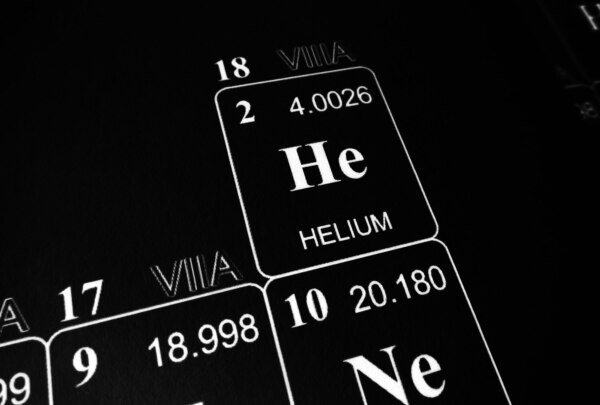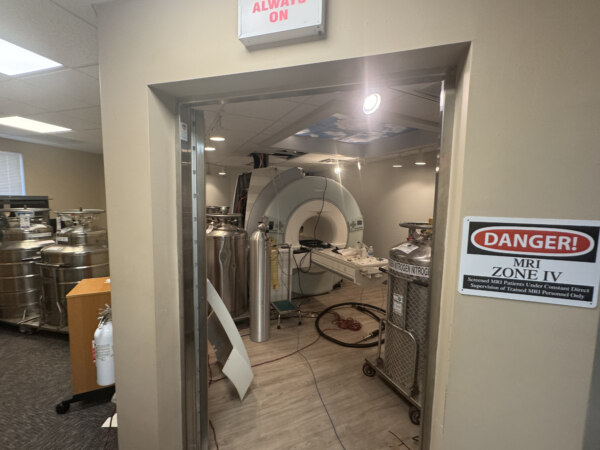
The Hidden Cost of Helium in MRI Machines: A Balancing Act of Efficiency and Economy
by John Cingranelli, Managing Technical Consultant
May 8, 2024
Helium, a noble gas with myriad applications, plays a crucial role in the operation of Magnetic Resonance Imaging (MRI) machines, ensuring the precision and functionality of these medical marvels. However, its supply and cost present a significant concern for healthcare providers, particularly when considering the substantial quantities required for MRI operations.
The Helium Conundrum: A Costly Necessity
MRI machines rely on superconducting magnets cooled to extremely low temperatures, often near absolute zero, to generate the magnetic fields necessary for imaging. Helium serves as the coolant, maintaining these frigid conditions and enabling the magnets to function optimally. However, the finite nature of helium resources coupled with increasing demand has led to rising costs, posing financial challenges for healthcare facilities.
According to industry estimates, the annual helium consumption for MRI machines worldwide surpasses thousands of tons, with costs varying based on geographic location, market dynamics, and supplier agreements. In the United States alone, where healthcare expenditures are already substantial, helium expenses for MRI operations can range from tens to hundreds of thousands of dollars per year per machine, depending on factors such as usage frequency and magnet size.
Recovering the Precious Gas: Salvaging Helium from Retired MRI Machines
While the expense of helium remains a concern, innovative strategies offer a glimmer of hope for cost-conscious healthcare providers. One such approach involves the recovery and salvaging of helium from decommissioned or malfunctioning MRI machines. When an MRI magnet reaches the end of its operational lifespan or experiences irreparable damage, the helium contained within it can still hold considerable value.
Technicians and specialists equipped with the necessary expertise can carefully extract helium from these retired magnets, employing specialized procedures to capture and preserve the gas for future use. By salvaging helium from total losses, healthcare facilities can mitigate the financial impact of helium expenditures, effectively extending the lifecycle of this critical resource.
The Economics of Helium Recovery: Balancing Cost and Sustainability
While the concept of helium recovery holds promise, its implementation requires careful consideration of both economic and environmental factors. The upfront costs associated with helium extraction equipment and labor must be weighed against the long-term benefits of reduced helium expenses.
Rough estimates suggest that helium recovery from a single MRI machine can potentially yield savings ranging from tens of thousands to over a hundred thousand dollars, depending on the market price of helium and the efficiency of the recovery process. Moreover, embracing helium recovery aligns with broader sustainability goals, as it minimizes the need for new helium production and reduces the environmental footprint associated with helium extraction and transportation.
Conclusion: Navigating the Helium Landscape in MRI Operations
As healthcare providers strive to balance patient care with financial prudence, the management of helium resources in MRI operations emerges as a critical consideration. While helium remains an indispensable component of MRI technology, strategies such as helium recovery offer a pathway to greater efficiency and cost-effectiveness.
By harnessing innovative approaches and embracing sustainable practices, healthcare facilities can navigate the helium landscape with confidence, ensuring the continued accessibility and affordability of MRI services for patients worldwide. As the quest for healthcare excellence continues, the prudent stewardship of helium resources stands as a testament to the ingenuity and resilience of the medical community.
Please contact John Cingranelli, LSG Managing Technical Consultant, with question or to discuss claims involving loss of helium and MRI failures as well as any other medical or dental devices at 866.899.8756 ext. 714 or johnc@losssolutionsgroup.com.


